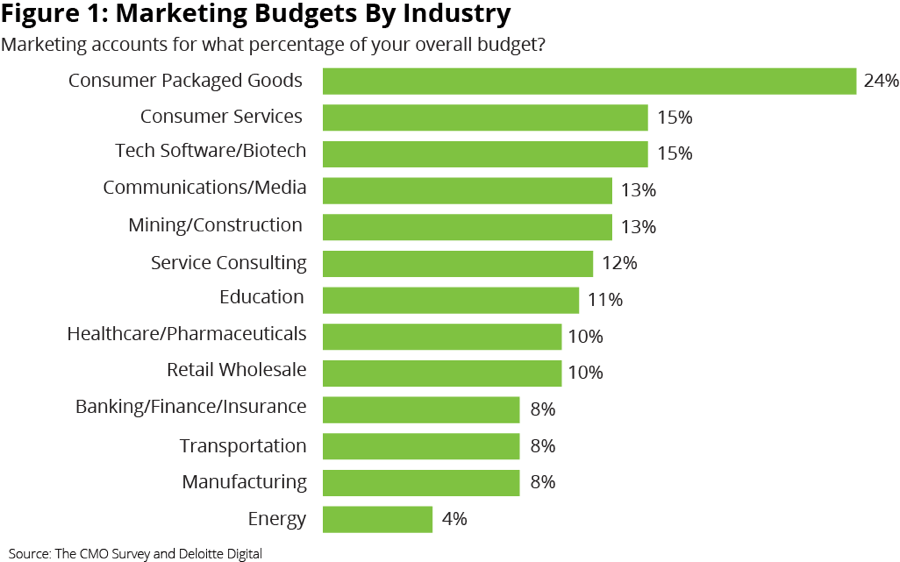Original article kindly supplied by Pier
Marketing
As marketers, we often ask questions about budgets, but rarely get an answer. Perhaps for fear that we’ll spend it but, we suspect more
likely, that it’s not considered and allocated.
As we look down the barrel of an economic downturn due to the knock-on effects of COVID-19 and the Australian Bushfires, we thought it would be a good time to share some industry knowledge about where you should consider investing in your marketing.
We say investing (as opposed to spending) because no matter how wonderful your product / service / company / advice / after-service is, you’ll struggle to be successful if the right people don’t know about you, especially when your target market are also being careful with who they spend their money with.
A quick Google search will reveal advice around investing a percentage of turnover into your marketing (we’ll save you the search, marketing budgets make up an average of 11% of total company budgets), but there are a variety of additional influences on that decision. We explore 4 key elements that should make up any budgetary decisions below:
1. What falls into the marketing budget?
Marketing is more than shelling out cash to advertise your wares: it is about every touchpoint your brand has with customers, prospects and the market. For the purposes of setting budget, I encourage you to consider beyond what you need to invest with third party suppliers in advertising. Marketing mix (the actual activity that falls out of good research and strategic planning) can broadly be split across 3 sectors:
- owned (think website, blog content)
- earned (PR, Facebook engagement)
- paid (print advertising, paid search)
The resource, skill and spend you will need for your business for the forthcoming year should be considered with a mix of activity in mind.
2. Where is your company in its lifecycle?
If you’re a new company yet to celebrate your fourth birthday, then you will have to work harder to earn that initial share of voice, awareness and loyalty. Expect to invest anywhere between 12 and 20% to achieve this.
If you’re a more established company, you’ll already have earned some market share, brand awareness and positive loyalty. This is what you have invested in marketing to build and thus you’ll be able to look at a slightly reduced marketing budget (aproximately 6-12% dependent on goals, industry etc.)
Perhaps you’re an established organisation, but looking to branch out into new markets or offer new products, then you’ll want to look at investing more capital. You really do need to speculate to accumulate. We always recommend some sort of market research activity before taking the plunge to invest in developing market share. The insights that market research delivers gives both confidence that the investment will return, and an indication of how challenging your new market is going to be to reach and influence.
3. What are your business goals?
Are you seeking to build your brand’s value? Are you just wanting more sales? Are you looking to launch a new product or service or launch into a new marketplace? Or perhaps you need to create a whole new way for your customers to buy from you. And what time period are you looking at? Understanding where you’re at and what you’re looking to achieve is a critical element in setting what you are willing and able to invest to get there.
Don't forget that your current customers form a critical element of achieving your goals. It’s all well and good having growth aspirations and focusing on getting new customers, but the unspoken element of a growth strategy is often maintaining the base from which you can then grow. To this end, retention activity and investment should form part of your marketing mix when you are setting budget.
4. What industry are you in?
Different industries and sectors will clearly have a myriad of differences. Different margins, varying levels of competition and market opportunity will all influence budget allocation. In some industries, it simply costs more to reach the target market. The graphic below gives an indication of average spend according to industry as a guide:
These are just a few elements to consider when setting budget. But the one constant is that on average the most successful businesses, in terms of profitability, are the ones that invest in marketing, especially when times are at their toughest.
If you would like to discuss your marketing activity and plans on how to rise above the current economic downturn, please get in touch with the team at PIER Marketing to receive a complimentary review of your marketing plan.
To be eligible to make a downsizer contribution to your super, you must be aged 55 or older and have owned your home for at least 10 years prior to the sale.
The investment market volatility that kicked off in March 2025 has felt like a punch, particularly for those in or nearing retirement.